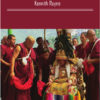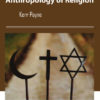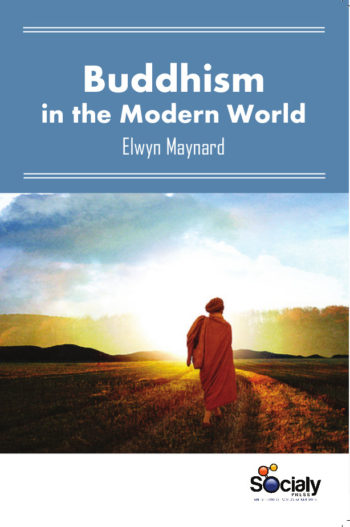The relationship between science, religion, and culture has been a subject of profound interest for philosophers, scientists, theologians, and cultural historians for centuries. During the last century, and part of the one before, it was widely held that there was an irreconcilable conflict between knowledge and belief. The opinion prevailed among advanced minds that it was time that belief should be replaced increasingly by knowledge; belief that did not itself rest on knowledge was superstition, and as such had to be opposed. According to this conception, the sole function of education was to open the way to thinking and knowing, and the school, as the outstanding organ for the people’s education, must serve that end exclusively. Scientific method can teach us nothing else beyond how facts are related to, and conditioned by, each other. The aspiration toward such objective knowledge belongs to the highest of which man is capable. Yet it is equally clear that knowledge of what is does not open the door directly to what should be. One can have the clearest and most complete knowledge of what is, and yet not be able to deduct from that what should be the goal of our human aspirations. Perhaps there are religious impulses underlying the drive of technology which has characterized modernity — religious impulses which might affect secular atheists, too, if they are not self-aware enough to notice what’s going on. Such impulses might prevent technology and religion from being incompatible. Possibly technology itself is becoming religious on its own, thus also eliminating incompatibilities.
Asian Religions, Technology and Science brings together the historical and contemporary perspectives of the relationship between religion, technology and science with a focus in Asian context. The compilation provides an examination of the use of modern scientific concepts in the theologies of new religious organizations, and challenges the traditional philosophies of space by scientific ideas. It aims at exploring the unique relationship between science, religion, and culture, and it welcomes submissions from all perspectives and religious traditions—including Christianity, Judaism, Islam, Buddhism, Hinduism, Taoism, secularism, humanism, and naturalism. Special focus is given to the various ways modern science—including the disciplines of physics, cosmology, biology, psychology, neuroscience, mathematics, sociology, and anthropology—support, oppose, inform, or are informed by religious, theological, and cultural perspectives. Further focus is given to perspectives on science, religion, and culture from different geographical regions, cultures, religions, and historical epochs. This book will be an important tool to the studies of Asian Religion, Science and Technology, and Religion and Philosophy.












